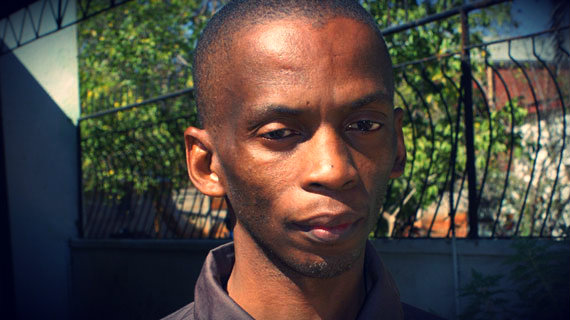
THE media as the Fourth Estate plays a critical role in ensuring that public institutions and officials discharge their duties in the public interest in a manner that is free from corruption or inefficiency.
Media houses, editors and journalists should, therefore, be given enough space within the parameters of enabling legislation to carry out these duties without worrying about issues of criminal defamation and over-regulation.
However, it is over-arching and at times competing political interests which determine just how far the media — especially the public media — can go in exposing corruption.
I am reminded of a then 23-year-old Gibbs Dube who was severely beaten by the then governor of Matabeleland South the late Mark Dube for daring to investigate alleged shady dealings by the late governor. It was brilliant investigative journalism that exposed the massive Willowgate scandal which saw over six Cabinet ministers being forced to resign after the Sandura Commission found them guilty of improper conduct as public officials.
Consequently, the likes of then Defence minister Enos Nkala, Education minister Dzingai Mutumbuka, Labour minister Frederick Shava, Matabeleland North governor Jacob Mudenda and Senior Minister Maurice Nyagumbo found themselves at the mercy of the Sandura Commission. This was as a result of some excellent investigative journalism by Geoff Nyarota and his staff who relentlessly investigated the car scandal following various leads in the face of unprecedented intimidation and threats from some incriminated government ministers.
Nkala was quoted live on ZBC frothing from the mouth declaring “who is little Nyarota? I will send the army to pick him up”. The rest is history because “little Nyarota” prevailed and Nkala was later on forced to resign.
It is, however, important to understand the political context in which Chronicle and the Sunday News managed to carry out these courageous acts of investigative journalism. The Unity Accord between PF Zapu and Zanu PF had just been consummated and to a large extent the Zanu PF government could afford to wash a bit of dirty linen in public because there was no strong opposition party to take advantage of this massive exposure of corruption in spite of the emergence of Edgar Tekere’s ZUM.
The government could also then appear to be decisively dealing with corruption and allowing the law to take its course without fear or favour. Critically, some of the political players involved in the scandals could be disposed of because post-Unity Accord politics made them “excess baggage” in the new political equation in which they were found to be “disposable liabilities”, especially in terms of ethnic balancing.
- Chamisa under fire over US$120K donation
- Mavhunga puts DeMbare into Chibuku quarterfinals
- Pension funds bet on Cabora Bassa oilfields
- Councils defy govt fire tender directive
Keep Reading
Since PF Zapu was bringing on board support from Matabeleland, the likes of Nkala, Callistus Ndlovu and Jacob Mudenda were no longer necessary at that particular juncture in the history of Zanu PF even though some of them, especially Mudenda and Ndlovu, have since made remarkable comebacks.
Political parties such as the Zimbabwe Unity Party and previously the Forum party of Zimbabwe had tried to use the anti-corruption agenda as an electoral or political mobilisation tool, but were not totally successful due to reasons which are beyond the scope of this article, but within the realm of speculative reality.
It is important to understand the critical role of the media, both State and private, in the context of current political dynamics and constitutional realities of the right to access to public information.
Factional politics within Zanu PF is a factor, albeit not entirely in the current drive against corruption because it is a fact that the government was aware of the obscenities prevailing at State enterprises as intimated by former State Enterprises minister Gorden Moyo and importantly the revelations by presidential spokesperson George Charamba that inclusive government politics forced them to strategically overlook the excesses in parastatals and public enterprises.
The fight against corruption can thus be seen as a new site of factional repositioning within Zanu PF finding expression in onslaught against allies of the Joice Mujuru faction many of whom appear to control these government entities.
Foolishly the much-respected (until then) vice-president misread the mood and tried to warn the media to stay away from the issue of corruption much to the glee of her opponents who watched happily as she tried to take her own political life through an unmeditated political suicide.
In the broader scheme of things there may be thinking within the State and ruling party functionaries that the opposition is too weak to take advantage of the anti-corruption tirade. The crusade would also boost the credentials of the new “old” government.
Sadly it is true that the opposition in its current state is hopelessly divided, indecisive and unable to provide critical national leadership in the face of such blatant national scandals. The media and civil society can provide leadership on these issues given the political, strategic and structural bankruptcy of the opposition.
It’s the politics, Stupid! Dumisani Nkomo is a political commentator and chief executive officer of the Habakkuk Trust. He writes in his personal capacity










